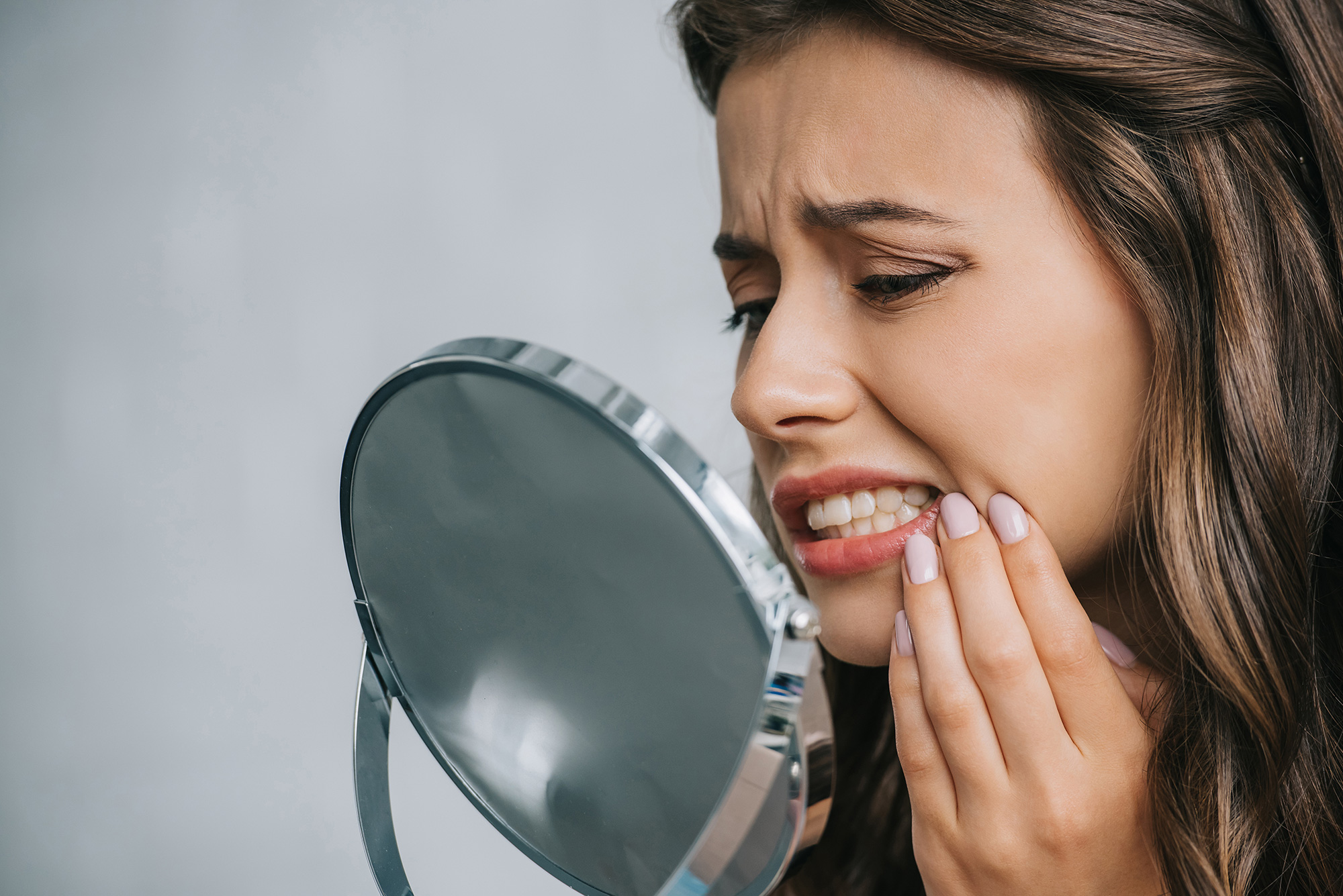4 Reasons Why You May Need Teeth Extracted

It’s news most people probably never want to hear. “We need to pull this tooth”. But, while this statement might seem nightmare inducing to some, what can come of leaving a tooth that should be extracted can lead to even more frightening pain.
In a perfect world, we would all receive Invisalign braces at a young age from a practice like Orthodontics Limited, a Rittenhouse Square orthodontist. These problems would never have a chance to take root. Prevention is the best medicine, but we have to face reality- it isn’t always a viable option.
Let’s take a closer look at a few situations that should make you say “enough is enough”, and have teeth extracted. Sometimes it’s the far lesser of two evils.
When Pulling Teeth is the Preferable Alternative
It may sound wild, impossible even, that you might prefer to have teeth extracted from your mouth. The truth is, though, there are times when it really is the better option. Consider these situations, the consequences of which are worth an appointment with an orthodontist near you.
Crowding
Many folks likely assume that, as long as humans have been around, our bodies should have figured out how to grow teeth safely by now. For most people, this is true. For the unfortunate few, however, our bodies do occasionally make mistakes.
This is how crowding happens. Some teeth may come in much larger than they should, for the shape of a particular mouth. Some might come in at odd angles. Whatever the situation, a person can end up with a crowded mouth this way.
If left unaddressed, crowding causes severe discomfort. Teeth in a crowded mouth can grind together, and even prevent others from piercing the gums as they properly should. The whole process can be extremely painful, and persistent. When this happens, the best thing to do might be to extract some of those teeth.
Infection
In terms of orthodontic work, many people are familiar with the term “root canal”. What this actually involves is drilling through a tooth to work on the root inside, which connects it to the gums. This is mostly to rid the patient of infection.
When thinking of infection, external injuries are often the first to come to mind. We may picture a cut or scrape fringed by yellow tissue or swollen and red. In truth, one of the most subversive ways an infection can do real damage is through our teeth. If the pulp inside a tooth becomes infected, disease now has a direct route into our bloodstream, and thus the rest of our bodies.
Many times an infected tooth can be treated with antibiotics. However, this may not always be an option, due to the severity of the disease. If you live in the immediate Philadelphia area, this may mean making an appointment with an orthodontist in Center City. If not, call an orthodontist in your area that you trust to have the infected teeth extracted.
Tooth Damage
Accidents can put us in uncomfortable situations. Our mouths are no exception. A hard fall or impact to the face can cause irreparable damage to our teeth that actually makes them more harmful to keep in our mouths.
It’s no easy pill to swallow. In this situation, you’ve had a hard fall and cracked or lost part of a tooth already. The last thing you might want to do is pay to have more of a tooth, or teeth, extracted. But leaving a severely damaged tooth in the mouth is an invitation for far worse complications.
Aside from the obvious risk of slicing your tongue or cheek on a jagged tooth, even something as simple as a deep crack is a serious risk of infection. If the damage to a tooth is this severe, it’s better to have it extracted. Yes, the loss of a tooth is a horrible misfortune, but it remains far superior to dealing with a full-body infection.
Pain
This one may seem like it should be obvious, from the outside. Anyone who’s been in this situation, however, will tell you that extracting teeth is hardly the same as putting a bandaid on a scrape.
Tooth pain of the type that warrants extraction is frequently accompanied by denial. The pain stems from damage, from either an accident, a congenital condition, or an infection. There is a very natural fear in humans that tells us removing anything from our bodies is just doing more damage.
In this situation, it can help immensely to speak with an orthodontist you trust. Have a specialist explain the consequences of leaving the compromised tooth in your mouth. With all the information at your disposal, the right decision for your tooth extraction situation will come to you.
Prevention
While we may never be able to get to that perfect world I mentioned earlier, we can dedicate time to ensure we take the best care of our bodies as possible. For our teeth, this means visiting an orthodontist we trust before problems even arise. An application of invisalign braces from a practice like our Rittenhouse Square orthodontist practice can keep our teeth on the straight and narrow and protect them from damage. Make an appointment today to start on your journey to a healthier, happier mouth.
This doesn’t, however, mean that extracting teeth will never become a necessity for you. Never close yourself off from the option, because those teeth might just make the difference for you between one sore experience and a very serious health concern.
Watch out for warning signs that your teeth might be better off extracted. If you’re experiencing extreme pain, crowding, or have a damaged or infected tooth, make a consultation appointment with an orthodontist.
Don’t wait until the problem is too out of hand to contain. Sometimes the best thing you can do for a suffering tooth, and yourself, is to extract it.


Leave a Reply
You must be logged in to post a comment.